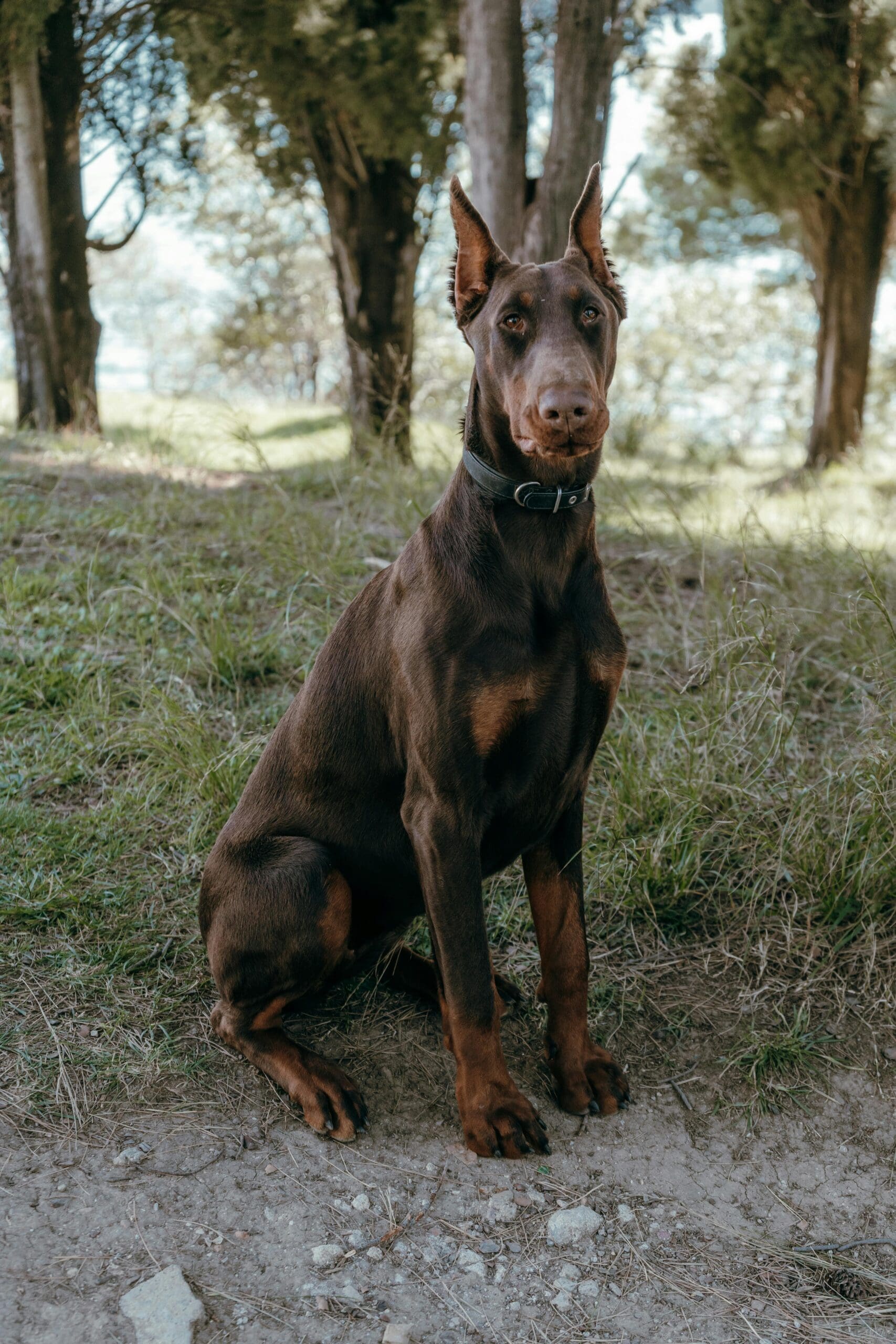 Dogs are known for their loyalty, love, and, sometimes, their strange habits. One common behavior that many dog owners have observed is their dog licking their wounds. Have you ever wondered why they do this? Let’s explore the reasons behind this peculiar behavior and what it means for your furry friend.
Dogs are known for their loyalty, love, and, sometimes, their strange habits. One common behavior that many dog owners have observed is their dog licking their wounds. Have you ever wondered why they do this? Let’s explore the reasons behind this peculiar behavior and what it means for your furry friend.
Understanding Canine Instincts
When your dog licks a wound, it’s not just a random action. Dogs have a natural instinct to lick their wounds as a way of providing self-care. Licking wounds is a part of their grooming behavior, and it serves several purposes. Firstly, the licking helps to keep the wound clean by removing dirt and debris. Additionally, a dog’s saliva contains enzymes that can help to kill certain bacteria, which can be beneficial in the early stages of wound healing. This natural behavior is a part of your dog’s survival instinct, passed down through generations of their ancestors.
Comfort and Soothing
Apart from the physical benefits, licking wounds may also provide a sense of comfort for your dog. The act of licking releases endorphins, which are natural painkillers. This can help to soothe any discomfort your dog may be experiencing, providing them with a sense of relief. It’s their way of self-soothing, much like how humans might rub a sore spot or hold an injured area.
Potential Risks of Over-Licking
While licking wounds can have some benefits, it’s important to recognize that excessive licking can lead to complications. Over-licking can delay the healing process by keeping the wound moist, which creates an ideal environment for bacteria to thrive. Additionally, the rough texture of a dog’s tongue can cause further irritation to the wound, potentially leading to infection. If you notice your dog excessively licking a wound, it’s essential to intervene and seek advice from a veterinarian.
When to Seek Veterinary Care
If your dog has a wound that is not healing, appears red and inflamed, or is accompanied by other concerning symptoms, it’s crucial to seek professional veterinary care. Some wounds may require medical attention beyond what licking can provide. Your veterinarian can assess the wound, provide appropriate treatment, and offer guidance on how to prevent your dog from further aggravating the injury.
Helping Your Dog Heal
Creating a conducive environment for your dog’s wound healing is essential. Keeping the wound clean and dry, while preventing your dog from excessively licking it, is crucial. Using a cone collar (often called an “Elizabethan collar”) might be necessary to prevent licking, especially if your dog is prone to overdoing it.
Understanding Your Dog’s Needs
In understanding why dogs lick wounds, we gain insight into their natural instincts and behaviors. While this behavior has its roots in their survival instincts, it’s important to monitor and manage it appropriately to ensure your dog’s well-being. By recognizing the reasons behind your dog’s actions, you can better support them in their healing process and overall care.
The act of licking wounds is a natural behavior for dogs, rooted in their instincts and offering certain benefits. However, it’s essential to monitor this behavior and take necessary steps to ensure that it doesn’t interfere with the healing process. Understanding your dog’s needs and behaviors can help you provide the best care and support for your furry companion.[/fusion_text]



